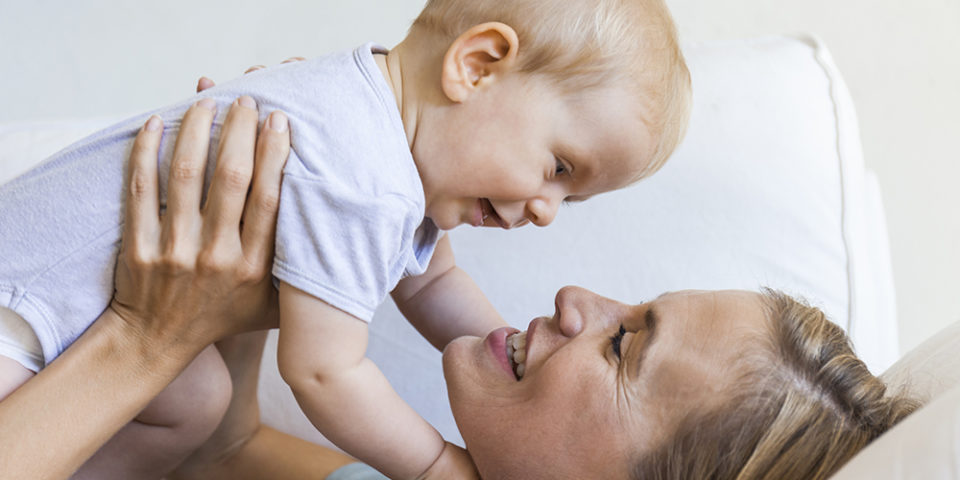Fertility as you age
A biological clock. You’ve heard it mentioned before, but what does it really mean and how does your age truly impact your ability to get pregnant? Reproductive endocrinology and fertility specialist Johanna Von Hofe, MD, explained the role of both timing and age when it comes to a woman’s fertility.
How does timing affect getting pregnant?
Timing is a critical piece when trying to get pregnant, because 75% of fertilized eggs don’t go on to make a baby. Factors that play a role in timing include:
- Cycles. While 28 days is the average time between cycles, it can be different for many women. Most experience a cycle 5–7 days earlier or later. Understanding your cycle can help you understand the best timing to conceive.
- Ovulation. Knowing when you ovulate is key to hitting that window of opportunity for pregnancy each month. Taking your basal body temperature or using ovulation kits can be helpful, although they are not always exact.
- Intercourse. The timing of when you have sex is very important. The optimal time to conceive is 48 hours prior to and up to the day you ovulate. Chances to conceive are low if you wait until after you ovulate.
How does age affect a woman’s eggs?
As women get older, it can become more difficult to conceive. Reasons include:
- Number of eggs. Women are born with all the eggs they will ever have, this is called ovarian reserve. That number will slowly decrease as you age. “Women have the most eggs they will ever have while they are in their mother’s womb. Those eggs decrease slowly over time,” said Dr. Von Hofe.
- Quality of eggs. The percentage of chromosomally normal eggs women have decreases as they age. The vast majority of miscarriages are due to a spontaneous chromosome abnormality.
When should you seek help for infertility?
If you are under 35, it is recommended you try to naturally conceive for one year before seeing a doctor. For those over 35, it is recommended you give it six months. “That is what the books say at least. Most individuals wish they would have started their infertility journey with a provider earlier than that. It may be worth your while to get evaluated sooner, especially if you know or feel like something is going on as timing and age are very important for pregnancy,” said Dr. Von Hofe.
Does aging affect a man’s fertility?
Dr. Von Hofe said while age does have some effect, it doesn’t play as big of a role in fertility for men. Men will typically produce sperm well into their older years.
If you are struggling to conceive and have concerns, talk to a fertility specialist. “The sooner you start your journey to find answers, the sooner we can help you find possible solutions,” said Dr. Von Hofe.
Get your fertility questions answered
Find a qualified and experienced fertility specialist near you.
Find a Fertility Specialist

